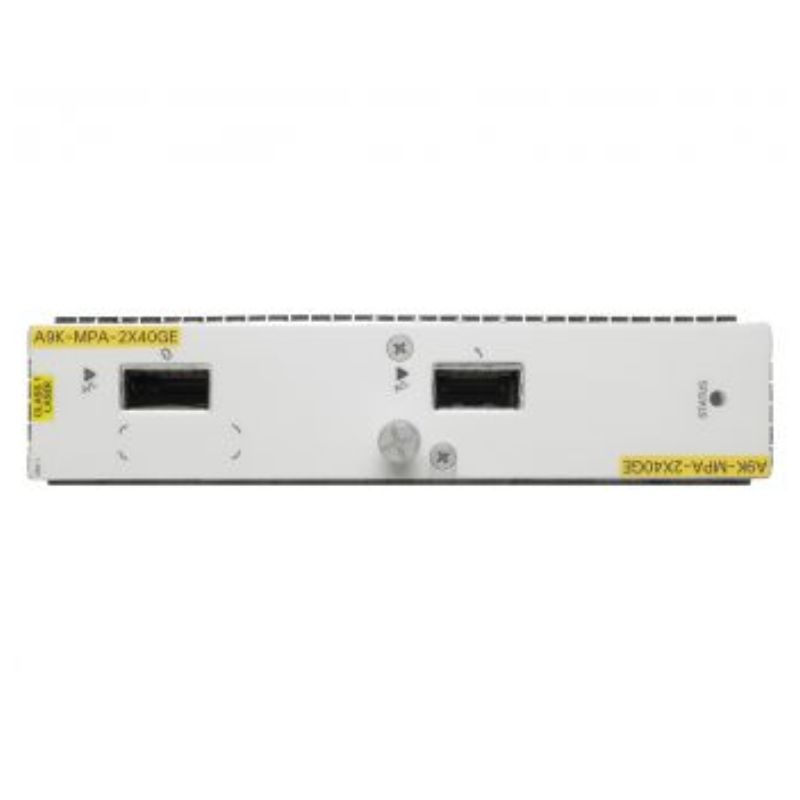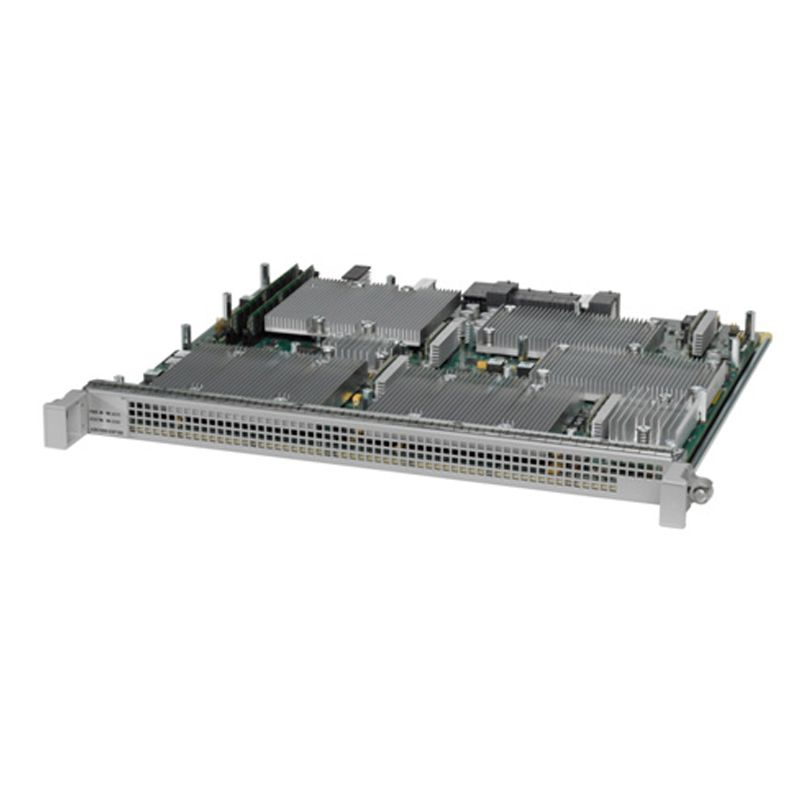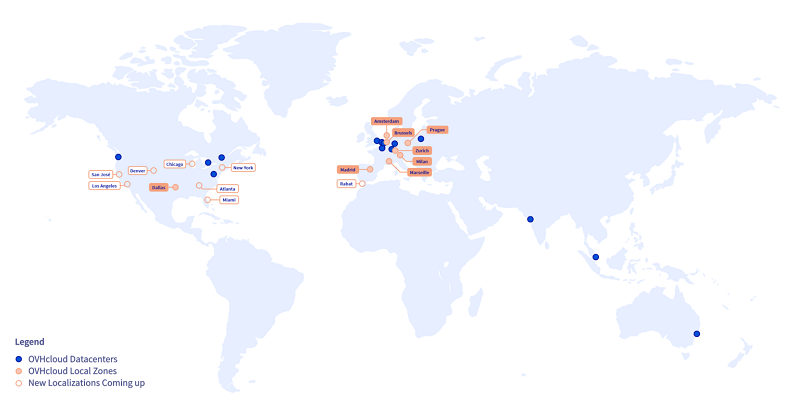The booming data center industry is facing a rising tide of local resistance, with more than $64 billion worth of projects blocked or delayed across the U.S., a new study indicates.
Driven by growing concerns over environmental impact, resource consumption, and neighborhood disruption, local activists and residents have successfully stalled some of the industry’s largest developments.
A recent report from research firm Data Center Watch shows that in the past two years, $18 billion in projects have been canceled outright, and another $46 billion delayed as data center opposition spreads across 24 states.
“One key finding is that opposition is most intense in regions with heavy data center development,” Data Center Watch spokesperson Miquel Vila Moreno told Data Center Knowledge.
He adds that areas experiencing data center proposals for the first time are not immune to public concerns, though opposition is said to be on a smaller scale.
“While common concerns such as water usage, energy demand, and noise appear across cases, each community brings its own local dynamics,” Moreno said.
Addressing Public Concerns
Andy Cvengros, executive managing director and co-lead of U.S. data center markets for JLL, says there is often a lack of public understanding surrounding data centers.
Related:Why Communities Are Protesting Data Centers – And How the Industry Can Respond
“More recent concerns are about the power and water usage being proposed by some of these larger AI projects,” he explains.
He adds that residents are wary of the potential for projects to increase their power bills and dry out aquifers, which may impact local farming or operations.
“Additionally, as these campuses can have a huge bank of generators, noise is being named as a concern,” Cvengros says.
Advocacy Groups Mobilize
The Data Center Watch report identifies 142 advocacy groups mobilizing to “block or increase regulatory burdens” on data center construction. The firm found that 55% of public officials opposing large-scale data centers were Republicans, while 45% were Democrats.
Bipartisan resistance is particularly notable in traditionally pro-business states like Texas, where even the state Senate has shown support for tighter regulations on data center growth.
On the left, opposition tends to focus on environmental concerns, while on the right, critics often highlight the cost of tax abatements granted to developers. However, issues like power consumption and grid reliability have become universal points of contention.

Data center developers must navigate a complex patchwork of county-level rules and local political dynamics. Image: Alamy.
Data Center Project Cancelations – A Growing List
Despite the U.S. government’s overarching support for more digital infrastructure, local permitting processes have become the primary battleground, where community-driven resistance can halt even the most ambitious projects.
Related:Land Barriers: How Zoning Regulations Could Stall Data Center Industry Expansion
In Goodyear and Buckeye, Arizona, for example, a $14 billion project by developer Tract was withdrawn in May 2024 after residents organized against it. The project, which required rezoning approval, faced stiff resistance due to concerns over building heights, noise pollution, and the potential strain on local utilities.
Activists successfully pressured local authorities to block the rezoning, leading Tract to abandon its plans. By August 2024, the company announced a revised project near the Buckeye airport, this time securing support from local officials, including the mayor, after more extensive community engagement.
In Peculiar, Missouri, Diode Ventures’ $1.5 billion Harper Road Technology Park met a similar fate. The project, which aimed to develop a large-scale data center, was opposed by a local group called “Don’t Dump Data in Peculiar,” which voiced concerns about sight pollution, noise, and declining property values.
These efforts led the Peculiar Board of Aldermen to re-examine the proposal, and by October 2024, the city’s Planning Commission amended the zoning ordinance to exclude data centers entirely, effectively blocking the development.
Related:Planning for the Future: Navigating the UK’s Data Center Development Maze
Local Objections, Growing Concerns
John Dinsdale, chief analyst at Synergy Research Group, says there has always been a level of local data center objections in some geographies.
“As hyperscalers and large data center operators have put pedal to the metal on building out data centers, those objections have just become a bit more apparent as there are more of them,” he explains.
Projects that involve building dedicated power supplies often face even more scrutiny, as energy infrastructure raises additional environmental and community impact concerns.
“The need for data center capacity will continue to grow rapidly, and this is a big and profitable market, so trying to stop projects may be a bit like playing whack-a-mole,” Dinsdale says.
He adds that while issues may crop up in a specific location, data center developers can often find alternative suitable locations, if those objections cannot be overcome, and oftentimes those objections can be overruled.
“It looks like over 70% of the items shown in the report are delayed rather than blocked,” Dinsdale said. “Delays could mean that the projects will still go ahead, or if not, alternative locations may be found.”
Moreno notes another important trend is the role local opposition plays in shaping new regulations.
Patchwork of Regulations
While federal policies may encourage technological infrastructure, local governments retain significant control over zoning and permitting.
This dynamic means that even a pro-data center stance at the national level cannot override local decisions, which are increasingly influenced by organized activism.
“This is creating a fragmented regulatory landscape – not just between states, but within them,” he says.
As backlash grows, developers must navigate a complex patchwork of county-level rules and local political dynamics.
“Emerging local risks can result in costly delays,” Moreno says. “We believe political risk assessments will become a critical component of data center strategy moving forward.”
Cvengros noted that until the past few years, few people really knew what a data center was. As they have grown larger, people have become more focused on their development.
“To some extent, there will always be pushback with any new development; however, new projects will need to be better thought out,” he says.
Cvengros believes the data center industry can do a much better job of working together to publish economic impact studies that will clarify the pros and cons of data centers.
“The industry needs something to point to,” he says. “Data centers can be wonderful projects to have in a jurisdiction if they are implemented in a responsible manner.”

























